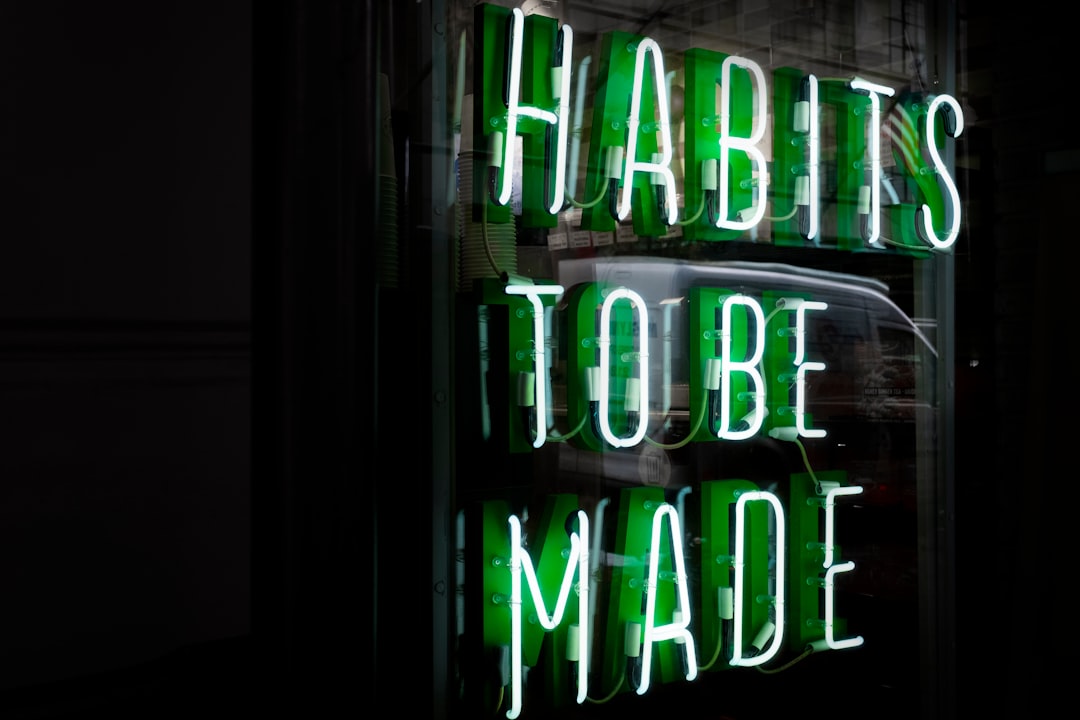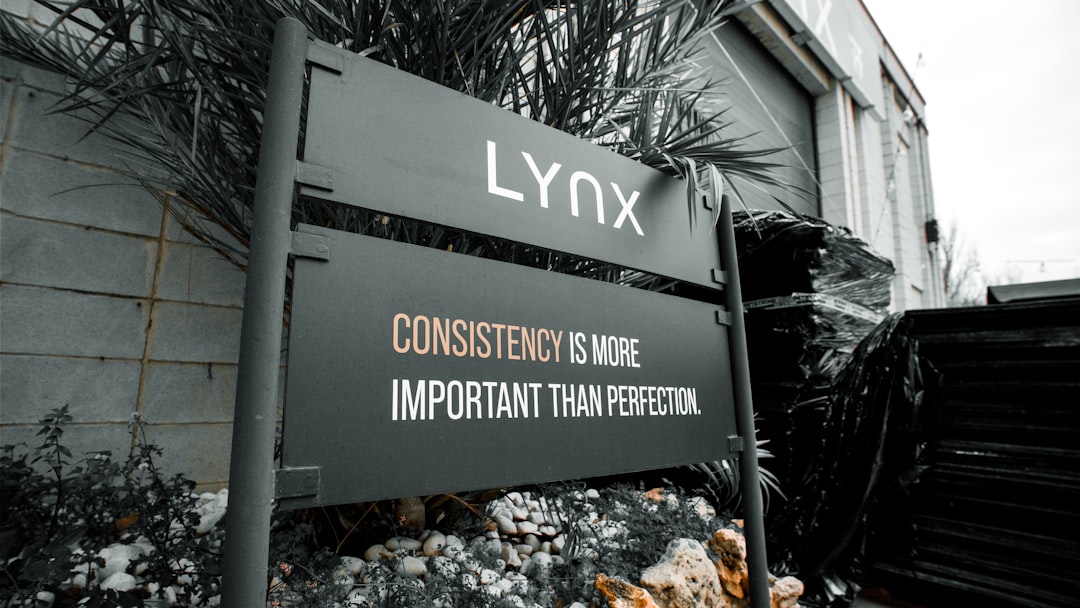
The Daily Debrief: A 10-Minute Habit That Saves Hours
Ever feel like your day ends in a blur?
You were busy… but not productive. You moved tasks… but didn’t move the needle. You showed up… but didn’t show progress.
That used to be my norm—until I built one small routine into my schedule that changed everything. I found this simple approach almost by accident, and it brought real change to my life by helping me focus on what truly matters.
I call it the 10 Minute Habit that saves hours: the Daily Debrief. By dedicating just 10 minutes a day to this habit, you can see significant improvements in both productivity and overall well-being.
And it’s exactly what it sounds like. At the end of every workday, I block 10 minutes—no more, no less—to stop, reflect, and recalibrate.
Because when you’re running a business, decisions pile up fast. Priorities shift. Fires pop up. Without a system to process it all, your day runs you instead of the other way around.
The 10 Minute Habit works because it’s not just another item on your to-do list—it becomes the decision filter you never knew you needed. This small daily practice can truly transform lives, leading to real change in your life by giving you back control, clarity, and direction in the middle of chaos.
Why This 10 Minute Habit Works

This isn’t journaling for the sake of journaling. It’s tactical. It’s intentional. It’s a reset switch you hit before logging off.
In just 10 minutes, I ask myself three simple steps that make the process easy to follow:
- What moved the needle today?
- What felt heavy or unclear, and how can I make it clear?
- What’s one thing I can do tomorrow that simplifies the week?
That’s it. Three questions. Massive clarity. This habit helps you find clarity and improve your mindset, making it easier to move forward with purpose.
The 10 Minute Habit works because it encourages you to create a personalized end-of-day routine for mental health and clarity—a moment of calm where insights emerge, chaos quiets, and decisions become easier. Most entrepreneurs skip that part. We default to hustle mode. But momentum without direction? That’s just spinning your wheels faster.
The magic is in the pause. This moment of mindfulness supports your mental health and can improve your overall well-being.
It’s a simple, easy way to improve your mental health and mindset—no overthinking, just a few minutes to reset and refocus.
How the 10 Minute Habit Saves Time (and Sanity)
By taking 10 minutes to look back, you get hours of clarity moving forward. This habit boosts productivity and helps you achieve more with less effort. You stop replaying decisions in your head. You stop ending your day unsure if you actually made progress.
You’ll stop chasing the wrong priorities. You’ll spot recurring bottlenecks. You’ll stop overthinking small decisions that don’t deserve your energy.
This 10 Minute Habit doesn’t just save time—it multiplies it. Because you’re planning with hindsight, not just ambition. The combination of reflection and planning in this habit leads to better health and productivity. That’s where the compound gains live—in the subtle shifts you make, daily.
And the payoff? It shows up in how quickly you bounce back from distractions. How confidently you delegate. How quickly you cut the fluff and focus on what really matters. Limiting the urge to scroll through social media or emails during this time helps you maintain focus and maximize the benefits of the habit. This habit also provides support for your mental health and overall lifestyle.
What This Looks Like in Practice
Let me break it down:
- I close my laptop, grab my notepad (or open Notion), and review my day.
- I don’t write a novel. Bullet points are fine.
- I focus on momentum, not perfection.
- Sometimes I use AI (yes, seriously) to help summarize tasks and patterns.
- Then I pick one thing that would make tomorrow easier or more impactful, and jot it down.
And I’m done.
No fluff. Just function.
Getting started with this habit can feel hard, but taking that first step is the most important part. Starting may feel difficult, but once you’ve started, engaging in this daily habit—even through simple writing—helps reinforce the process. Taking this 10-minute rest at the end of the day can help you recharge for your next project. You can even make tea as a small ritual to pair with the habit and signal your mind it’s time to reflect.
The 10 Minute Habit isn’t about doing more. It’s about doing what matters, more consistently. It’s a 10-minute meeting with yourself—where clarity becomes your closing task.
Don’t jump from one productivity method to another; give this habit a fair try before moving on.
Stack the Habit, Feel the Shift

If 10 minutes sounds like too much, start with five. But do it every day. Commit to this habit, even when it feels challenging—dedicating yourself and persevering will bring real benefits to your spiritual and personal growth. Stack it with something else—right after your last meeting, right before you shut the office lights. Make it the last checkbox before you close the day.
Make it a ritual. Not a chore. A signal to your brain that work is complete—and progress is captured. In today’s fast-paced world, this simple habit helps you navigate daily demands and thrive amidst constant change.
Because once this 10 Minute Habit kicks in, everything downstream gets easier: content planning, team delegation, even big-picture strategy. You begin to lead your day instead of chase it. Enjoy the sense of completion and self-love that comes from honoring this daily ritual.
It’s the smallest window that delivers the biggest shift.
Bonus: AI Makes This Habit Smarter
Some days, I’ll even ask ChatGPT:
“Based on my tasks today, what patterns do you see? What would you prioritize tomorrow?”
This is next-level use of the 10 Minute Habit. It turns your daily recap into a business feedback loop. And the more you use it, the smarter your decisions become.
AI tools like Notion AI or Claude can provide insights, tag themes, measure progress over time, and auto-generate summaries for your team. This isn’t just reflective—it’s recursive. It builds smarter habits with every repetition.
To deepen your understanding, explore additional resources or read a related article on using AI for productivity. You can also look for published research to discover more tips and evidence-based strategies.
Final Thought

The 10 Minute Habit sounds small—but it’s what separates busy entrepreneurs from effective ones.
It’s where chaos turns into clarity. It’s how momentum gets measured. And it’s how you stop doing things just because they’re on the calendar and start doing what actually matters.
If your days feel reactive, this habit is your reset button.
Try it tonight. Just 10 minutes.
That’s all it takes to save hours tomorrow.
By making this 10 Minute Habit part of your daily process, you’ll better understand yourself and your priorities. You won’t just feel the difference—you’ll see it everywhere your time flows.
FAQ: The 10 Minute Habit
What if I don’t have 10 minutes at the end of the day?
Start with 5. The power is in consistency, not duration. Even a short pause can help you reclaim clarity and focus.
What tools do I need to make this work?
Just a notepad or a notes app. Some use Notion or ChatGPT for reflection prompts, but the habit works even with paper and pen.
When’s the best time to do the 10 Minute Habit?
Right after your last task or meeting. Stack it with a daily shutdown routine so it becomes automatic.
What if I forget or miss a day?
That’s a common problem. Everyone deals with excuses—like being too tired or busy—that can get in the way of building new habits. The key is to recognize these excuses and not let them stop your progress. Just don’t skip two days in a row. The goal isn’t perfection—it’s progress. One day off doesn’t erase the benefits.
Can I use this with my team?
Absolutely. Daily debriefs work great in leadership huddles or project check-ins. Just ask the same three questions together. This can provide support for team members who are dealing with stress or mood issues, and help everyone stay connected.
What if the habit isn’t enough?
If you notice ongoing mood changes, emotional distress, or feel overwhelmed, it’s important to practice self awareness and recognize when you need more help. Don’t hesitate to reach out for support—whether that’s talking to a professional, using a helpline, or connecting with a support group. Reaching out is a sign of strength, not weakness.


